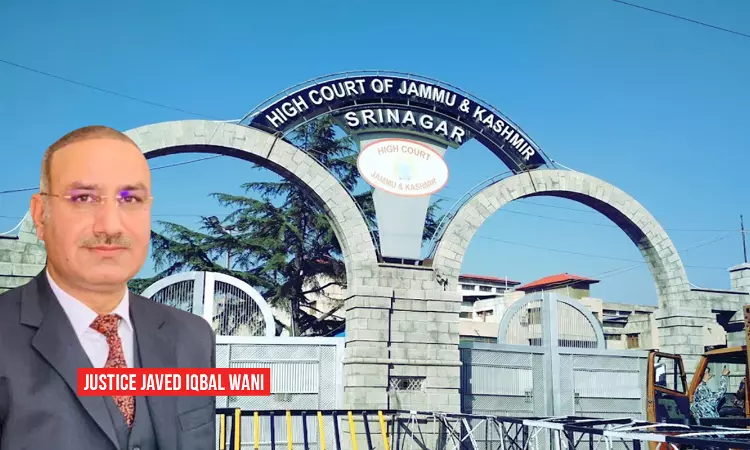The Jammu and Kashmir and Ladakh High Court has emphasized the role of family courts under the Family Courts Act, 1984, asserting that these courts must strive to mediate and help the parties reach a fair settlement.While adjudicating upon a matter under the Act a bench of Justice Javed Iqbal Wani underscored that family courts are equipped to follow procedures they deem suitable to...

